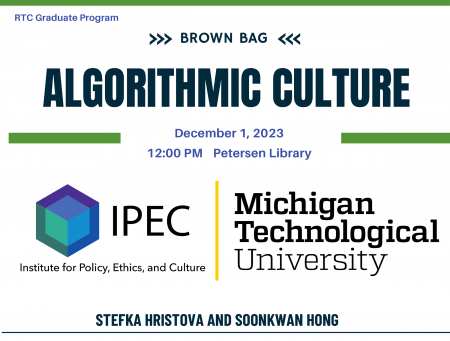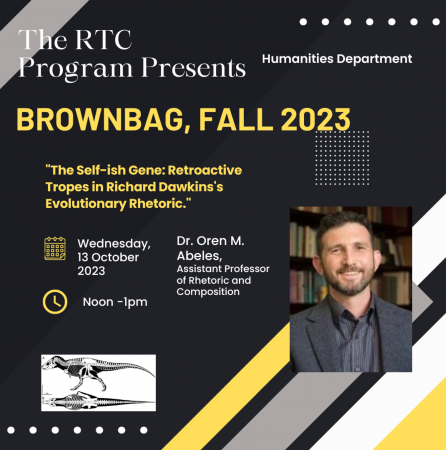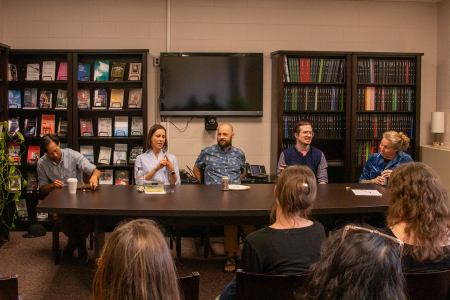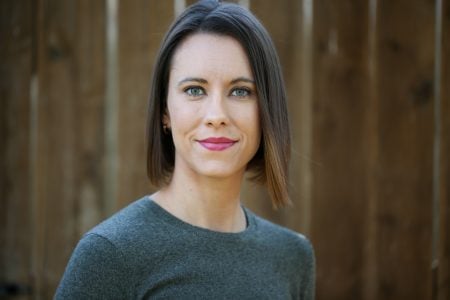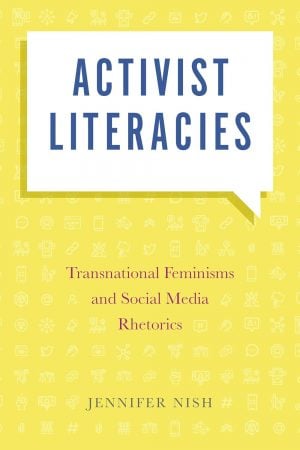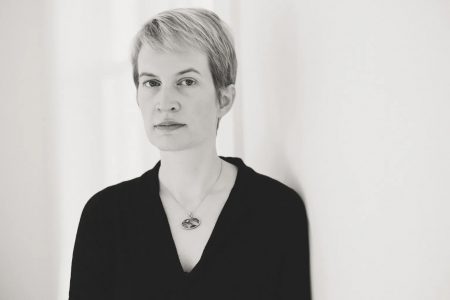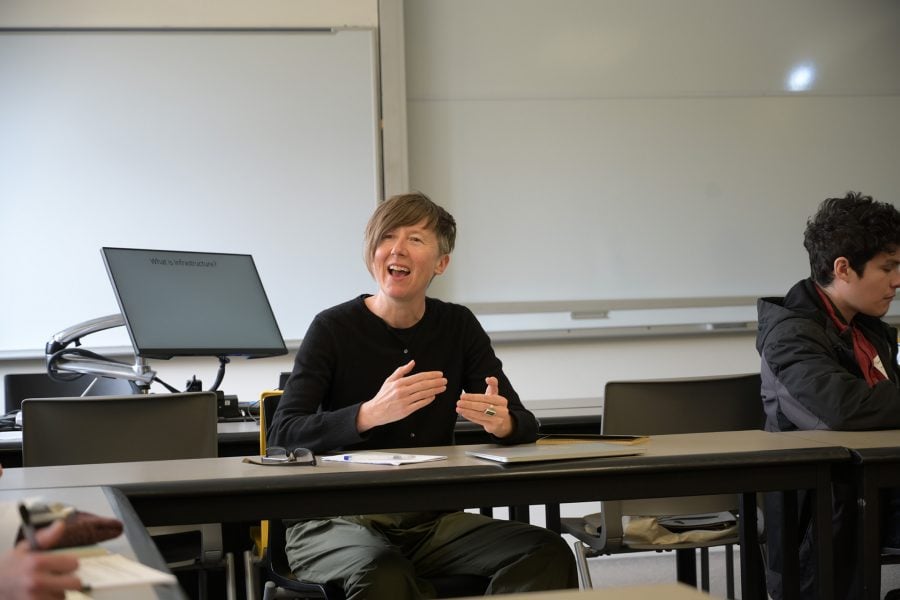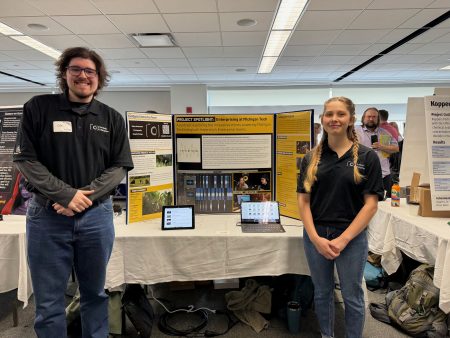What:
Abstract:
The sheer presence of algorithms poses existential questions about how deeply computational mechanisms have come to permeate everyday life. Join the Director and Associate Director of the Institute for Policy, Ethics, and Culture in discussing biases and unintended consequences of algorithms and AI.
Who:
Presented by Associate Professor of Digital Media, and Director of IPEC Stefka Hristova, and Associate Professor of Marketing and Associate Director of IPEC Soonkwan Hong
All are welcome to attend!
When:
Friday, October 6, 2023
Where:
Petersen Library, Walker Arts & Humanities Center
